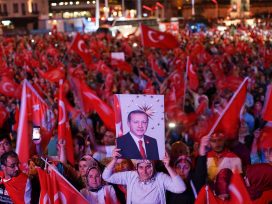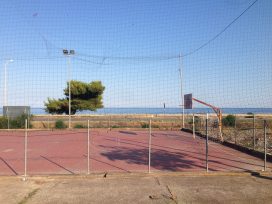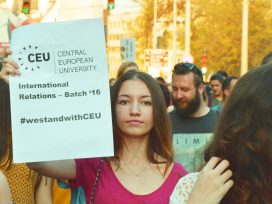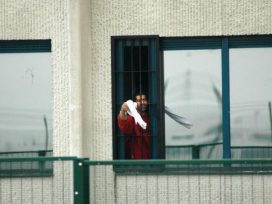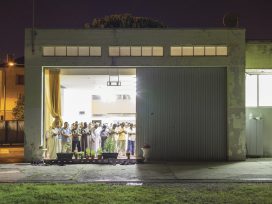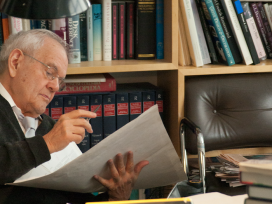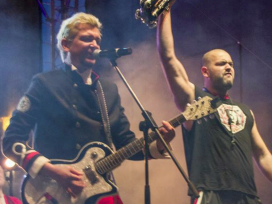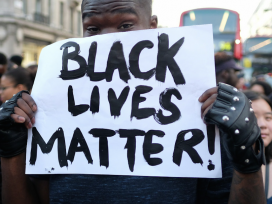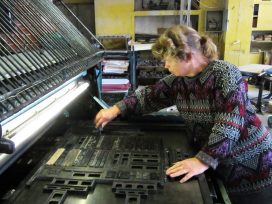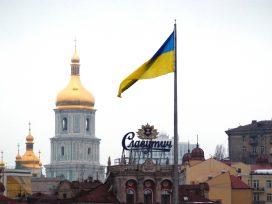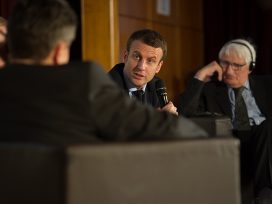
Rethinking Europe
A discussion between Jürgen Habermas, Sigmar Gabriel and Emmanuel Macron
Emmanuel Macron has broken from entrenched definitions of right and left in France and based a programme on liberalization and social justice. Sigmar Gabriel, the German Social Democrat foreign minister, has also sought to bring together the conflicting wings of his party. Here, the two discuss the need for positive campaigning on Europe, and why the future of the Union depends on a combination of investment and reform. With an introduction by Jürgen Habermas.
